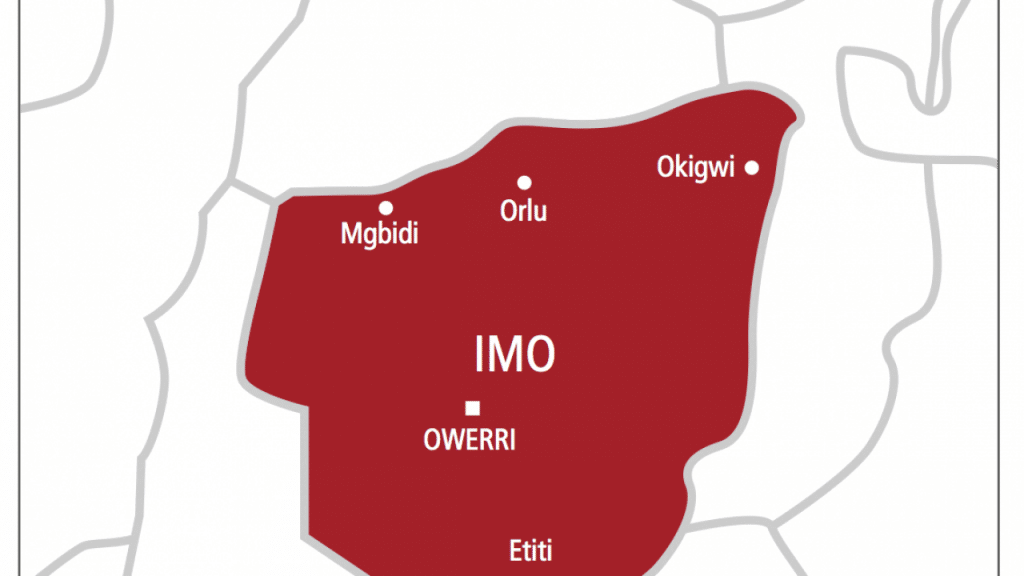In ancient philosophy, figures like Thales posited that water is the fundamental ingredient of life. This belief underscores the essential role of water in sustaining human existence. Reflecting on this, it becomes clear that access to clean water and proper sanitation is not just a basic human need but a cornerstone of public health, economic growth, and social development.
Imo State, situated in southeastern Nigeria with Owerri as its capital, faces significant challenges in providing clean water to its residents. The newly appointed Commissioner for Water Resources, Ozo Obinna Ogwuegbu, son of a retired justice of the Supreme Court of Nigeria, is tasked with addressing these pressing issues.
Imo State, established in 1976, lies between the lower River Niger and the upper and middle Imo River. Despite its abundant natural resources, a substantial portion of the population, particularly in rural areas, lacks access to safe drinking water. Many communities depend on contaminated sources such as rivers, streams, and shallow wells, which pose severe health risks.
Commissioner Ogwuegbu’s recent inspections of various water schemes, including the Otamiri Waterworks and facilities at Imo State University, have highlighted the urgent need for rehabilitation and completion of water projects. His audit revealed that while equipment remains intact, significant operational enhancements and maintenance are necessary to ensure reliable service delivery.
The health implications of inadequate water and sanitation are dire. Waterborne diseases such as cholera, dysentery, and typhoid fever are prevalent in areas with poor water quality, leading to severe health crises. The World Health Organization (WHO) reports that contaminated water and poor sanitation contribute to a large percentage of diarrheal diseases, which claim many lives annually, especially among children.
In Imo State, frequent outbreaks of these diseases strain the healthcare system and cause immense suffering. The lack of proper sanitation facilities exacerbates the problem, as open defecation and inadequate waste disposal further contaminate water sources. Addressing these issues is a public health imperative and a moral duty to protect vulnerable populations.
Investing in clean water and sanitation infrastructure yields significant economic and social benefits. Access to safe water reduces healthcare costs and increases productivity by preventing waterborne diseases. It also enhances educational outcomes, as children, particularly girls, can spend more time in school rather than fetching water.
Sustainable water management is essential for preserving Imo State’s natural resources and ensuring long-term water security. Commissioner Ogwuegbu’s commitment to following World Bank guidelines and engineering specifications for water projects is a positive step. These guidelines promote sustainable practices that protect water sources and ecosystems.
Public awareness campaigns on water conservation and hygiene practices can encourage communities to adopt behaviors that support sustainable water use and sanitation. The state government’s engagement with international partners such as the World Bank and USAID can provide the necessary technical expertise and funding to ensure the success of water projects.
However, successful implementation requires strong political will, transparent governance, and community involvement. The state government must prioritize water and sanitation projects in its budget allocations and policy frameworks. Regular monitoring and evaluation of projects are essential to track progress and address challenges promptly. Involving local communities in the planning and management of water resources can foster a sense of ownership and responsibility, ensuring sustainability.
Recommendations for Addressing Water and Sanitation Challenges:
- Accelerate Project Completion: Expedite the completion of ongoing water projects to provide immediate relief to communities lacking clean water. Set clear timelines and hold contractors accountable.
- Upgrade and Maintain Infrastructure: Regular maintenance of water facilities is crucial to prevent breakdowns. Invest in modern technology and skilled personnel to improve efficiency and reliability.
- Expand Access in Rural Areas: Focus on rural communities where the need for clean water is most acute. Develop small-scale, community-managed water systems to provide sustainable solutions.
- Strengthen Public Health Campaigns: Educate the public on hygiene practices, water conservation, and the importance of sanitation to reduce the prevalence of waterborne diseases.
- Leverage International Partnerships: Collaborate with international organizations to gain valuable resources and expertise. Ensure projects adhere to global standards and best practices.
- Enhance Regulatory Frameworks: Develop and enforce regulations on water quality, pollution control, and environmental protection to safeguard water resources.
- Promote Community Participation: Involve local communities in decision-making processes to enhance the relevance and acceptance of water projects. Community-led initiatives can foster innovation and resilience.
Commissioner Ogwuegbu’s efforts to address these challenges, supported by Governor Hope Uzodimma’s administration, demonstrate a commitment to improving the well-being of Imo’s citizens. Achieving sustainable water and sanitation services requires concerted efforts from the government, international partners, and local communities. By prioritizing clean water and sanitation, Imo State can unlock significant health and economic benefits, enhance educational outcomes, and ensure a better quality of life for its residents. The future of Imo State depends on the health and prosperity of its people, and clean water is the foundation upon which this future must be built.
Onwubiko is head of the Human Rights Writers Association of Nigeria and was National Commissioner of the National Human Rights Commission of Nigeria.




